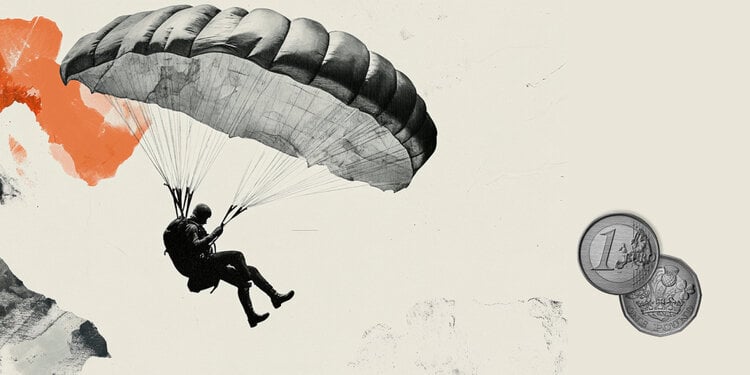Brazilian scientists have developed algorithms for artificial intelligence (AI) that interpret routine blood tests and can help in the early detection of breast cancer.
The tool was developed by researcher Daniella Castro Araújo, a doctoral student at the Graduate Program in Computer Science at the Federal University of Minas Gerais (UFMG).
The technology is an application of university research groups that use analytes, components of blood samples, to aid in the diagnosis of diseases such as Alzheimer’s and Covid-19.
The researcher believes that the tool has the potential to transform the risk stratification of cancers from a population approach to a personalized one.
“We apply artificial intelligence to interpret routine blood tests. The complexity of the interactions between our blood markers precludes a simple linear analysis for complex diseases such as breast cancer. Therefore, we used AI to recognize patterns in groups of patients with and without cancer”, explains the researcher in a statement.
“Almost 80% of Brazilian women do not have access to mammography, a crucial test for the early diagnosis of breast cancer, responsible for a 99% cure rate. With our solution, we intend to prioritize women who are more exposed to risks, helping to optimize the queue for mammography”, he adds.
Analysis
The scientists analyzed databases from institutions such as Hospital de Amor, in Barretos (SP), and Grupo Fleury, a network of laboratories operating in São Paulo, which gather test results such as mammograms, blood tests and biopsies used to diagnose breast cancer.
The patients were divided into two groups – one diagnosed with cancer and the other without. Next, the researchers evaluated blood tests performed up to six months before the final diagnosis.
“Our model, built on the basis of these data, has a hit rate of around 70%, reaching almost 90% when other data are included, such as clinical histories and reports from other tests. Our solutions would not imply additional costs for the SUS or for operators and health plans. The work is based on the best use of exams already performed routinely”, says Daniella.
The innovation was patented by Huna, a company that develops solutions for health issues based on state-of-the-art technology. The tool will be tested by some health operators, says the researcher.
“Our next step is to test the tool in the ‘real world’, that is, with partner health institutions, public or private. Today, we have Hospital de Amor as a great partner, but we want to expand and expand the access of this new technology to SUS users”, he says.
Source: CNN Brasil
I am an experienced journalist and writer with a career in the news industry. My focus is on covering Top News stories for World Stock Market, where I provide comprehensive analysis and commentary on markets around the world. I have expertise in writing both long-form articles and shorter pieces that deliver timely, relevant updates to readers.







